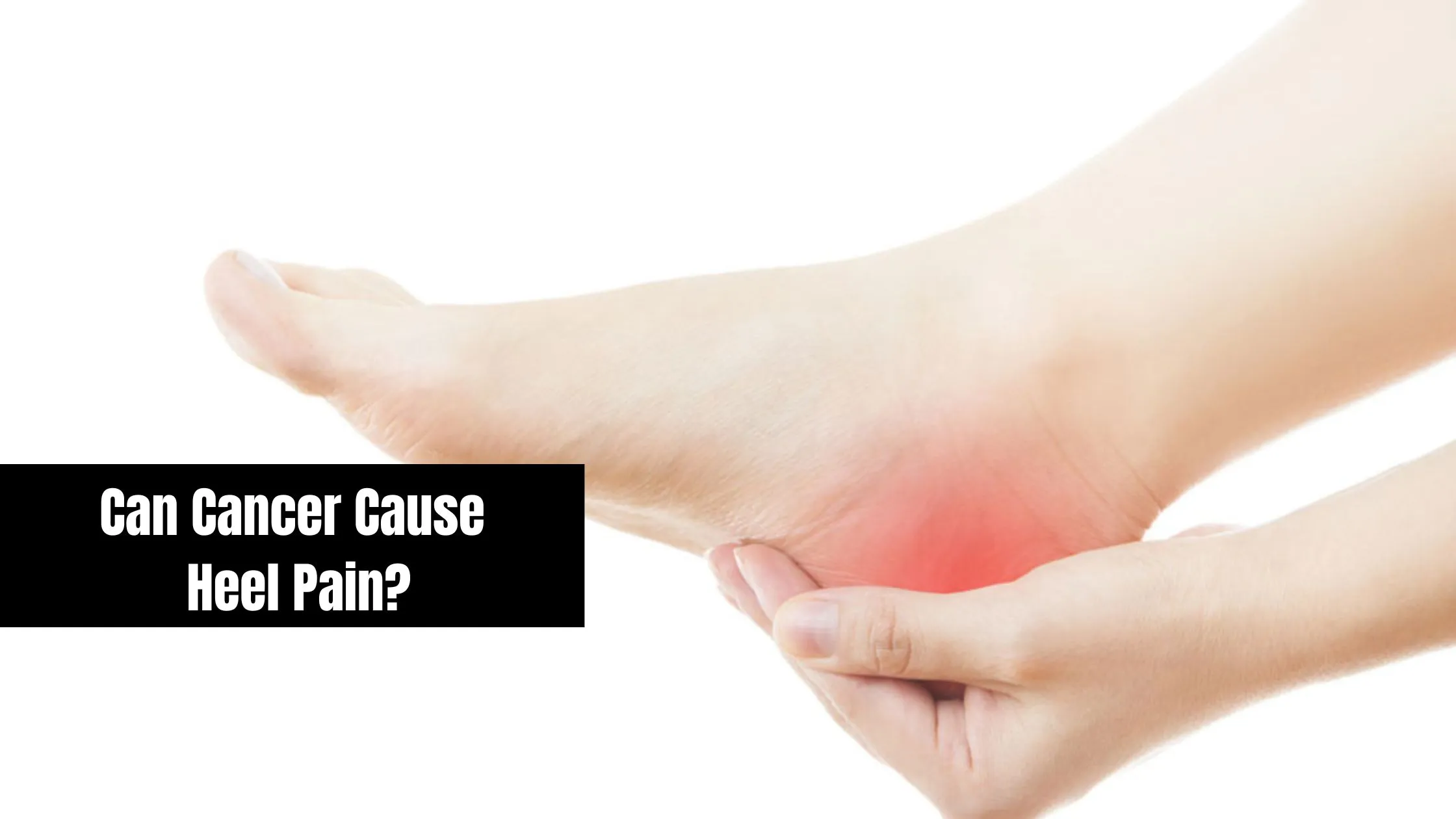Experiencing a challenging situation can be tough, and going through a hysterectomy with your wife can evoke a range of emotions such as sadness, worry, and confusion. It’s natural to feel a bit disoriented and uncertain about what this means for your relationship and your future.
A hysterectomy is a significant procedure that can be physically and emotionally challenging for your wife. She may be feeling down after the surgery. If you find yourself in this situation and are looking for guidance, don’t lose hope!
There are ways you can support your wife during this difficult time and help her navigate the recovery process. In the following paragraphs, we’ll provide you with helpful advice for husbands after hysterectomy.
Learn about how hysterectomy works
One of the first things you can do to help your wife is to take time to learn about her surgery. There is a lot of misinformation spreading on the internet, which leaves many people confused. Some husbands worry that their wives may feel isolated or no longer show interest in them. The reality is that sex may feel surprisingly similar to a man after a hysterectomy. In all procedures, the surgeon takes steps to preserve vaginal functionality.
Hysterectomy is a surgery in which the uterus is removed. The surgery generally does not affect the vagina, although there are rare cases where a hysterectomy may remove the cervix or the upper part of the vagina. Some hysterectomies may include removal of the ovaries, which triggers menopause. Others may leave the ovaries intact, which will keep your wife’s hormonal levels regular.
Try asking your wife what type of hysterectomy she is having and then do a little research on reputable medical websites. This can help you understand what to expect after surgery.
Advice for Husbands After Hysterectomy
Here are some practical tips to consider after your wife’s hysterectomy:
Be Available: Ensure that you are physically and emotionally available for your wife during her recovery. Offer a listening ear, provide comfort, and be attentive to her needs.
Provide Practical Assistance: Help with household chores, cooking, and other daily tasks to alleviate any added stress during her recovery period. This support can make a significant difference in her overall well-being.
Educate Yourself: Take the time to learn about the procedure and the recovery process associated with a hysterectomy. This knowledge will enable you to better understand her condition and provide informed support.
Encourage Rest and Recovery: Remind your wife to prioritise rest and relaxation during her recovery. Encourage her to follow the doctor’s instructions regarding physical activity and any necessary lifestyle adjustments.
Show Empathy and Understanding: Understand that your wife may experience a range of emotions during this time, including sadness, frustration, or anxiety. Offer empathy and understanding, reassuring her that her feelings are valid and that you are there to support her.
Open Communication: Maintain open lines of communication with your wife. Encourage her to express her concerns, fears, or any discomfort she may be experiencing. This open dialogue will foster a stronger emotional connection between both of you.
Seek Professional Help if Needed: If your wife continues to struggle with her emotions or experiences difficulties in her recovery, suggest seeking professional assistance. Mental health professionals can provide additional support and guidance during this challenging time.
Focus on the Positive Effects of Hysterectomy
An abortion can make a difference for you and your wife. However, it’s important to note that many of these changes can actually be positive. Hysterectomies are surgeries that help treat serious health issues and help alleviate chronic pain. They can end painful times that were making your wife’s life difficult or bring relief and peace after a cancer diagnosis. Once your wife is well, you may find that she is more energetic and happy.
Thinking positively can help you and your partner find happiness and understanding after a hysterectomy. Many women appreciate it when a husband says things like, “I love seeing you so much better!” Talking about the positives, such as not having to worry about contraception right now, going over health problems, and avoiding periods can help you both come to terms with your new situation
Finally, giving your wife some extra love and attention can make a big difference. Hopefully this guide has given you ideas on how to support your partner as they recover from a hysterectomy. At the Krinsky office, we are committed to providing the highest quality of care for all of our patients. Do you have more questions? Our team is always here to answer any questions you may have, whether before or after your hysterectomy. If you would like to know more, do not hesitate to give us a call.
RELATED: How to reduce inflammation in the body fast日本藤素
a>
Don’t rush after getting your wife’s hysterectomy done
Cutting off sex after a hysterectomy may not feel so special to a man, but it’s important not to rush into it right after the doctor gives your wife the green light. Your wife has just had major surgery, so penetrative sex may be a little uncomfortable for her at first. It’s best to take things slow and let your wife take the lead.
He may want other intimate relationships for a while, and you may need to be more gentle when it comes to sex. As always, open and honest communication is key to a healthy sex life. Talk to your wife about how it feels and discuss what works best for both of you.
There may be some hormonal changes that affect your wife’s sex drive and natural lubrication levels after a hysterectomy. This doesn’t mean he’s not interested in having sex with you, but it may take a while to get things started. Some women may find it more difficult to periodize or have an orgasm after surgery. Therefore, it is important to be patient. Set some extra time for sex and don’t put pressure on your wife.
If you want to get knowledge about advice for husbands after hysterectomy through video, then watch the complete video given below:-
Frequently Asked Questions
Q1: How long does the recovery process usually take after a hysterectomy?
Ans: Recovery times vary, but it typically takes several weeks to a few months.
Q2: What are some common reasons why a hysterectomy may be recommended?
Ans: Common reasons include uterine fibroids, endometriosis, abnormal uterine bleeding, pelvic inflammatory disease, and certain types of cancer.
Q3: How can I support my wife emotionally during her recovery?
Ans: Show understanding, actively listen, offer reassurance, and provide emotional support through open communication and empathy.







